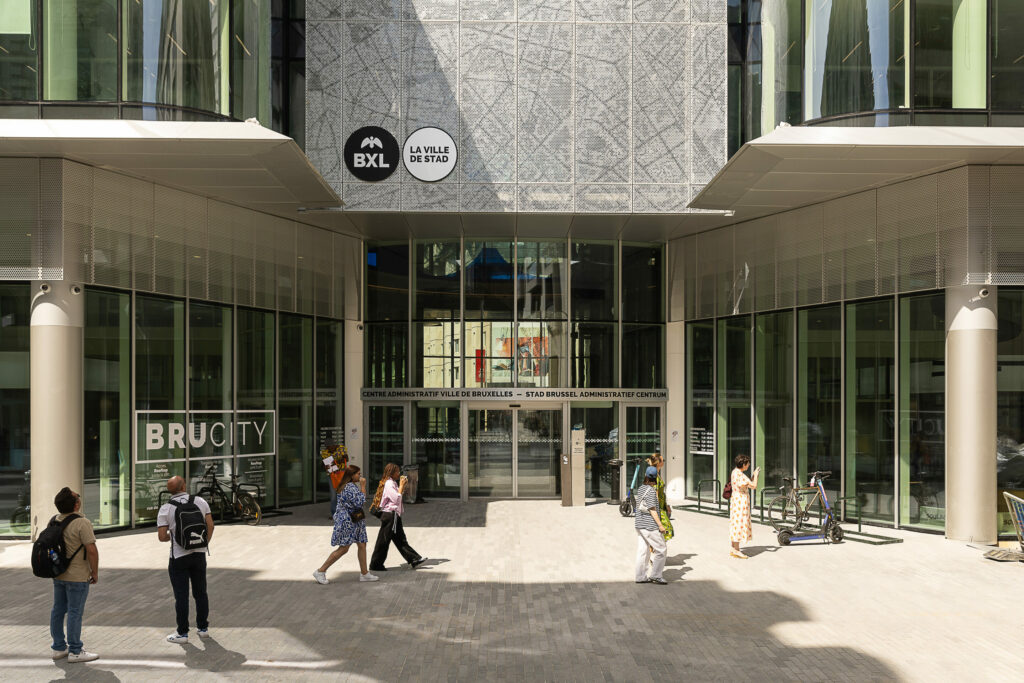With local elections around the corner, citizen's collective Rise for Climate Belgium is inviting candidates for the City of Brussels to a debate on the municipality's climate and environmental policy on Thursday.
The debate will take place from 18:00 at Commons Hub Brussels, a new citizens' space located on Rue de la Madeleine 51 and will also be broadcast online.
Representatives from six of the fourteen contending parties will be invited to present their party's respective programmes and answer questions from moderators and members of the public.
The debate will be in three parts: each candidate will assess the City of Brussels' current term results, and present their party's climate ambitions for the next term. They will then answer pre-submitted questions on the subject of energy transition, mobility, nature in the city and the reduction of greenhouse gas emissions. The public will be given the opportunity to ask questions in person or online at the end.
Outgoing aldermen Benoît Hellings (Ecolo-Groen), Delphine Houba (PS-Vooruit) and Fabian Maingain (Défi), as well as Frederik Ceulemans (OpenVLD-MR), Mathilde Vermeire (CD&V-Les Engagés) and Nele Vandenbempt (PVDA-PTB) will take part in the debate moderated by Pauline De Wael from Stalem and Katrien Reist from cultural platform SamenDurable.
"We are inviting them to this debate not to criticise or apply pressure, but to ask questions and hear the candidates on their respective programmes, which we hope will be ambitious and meet the scale of the climate challenges," said Rise for Climate member Larry Moffett. "By being informed in this way, Brussels voters will be able to take part in the vote on 13 October fully informed."
The City of Brussels adopted a Climate Plan in December 2022, which aims for a 55% reduction in greenhouse gas emissions by 2030 compared to 2008 levels. The next municipal government will therefore bear the responsibility of achieving this ambitious target by the end of its term of office.

